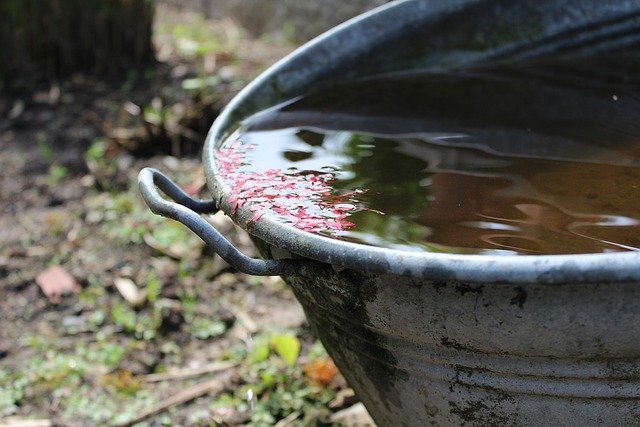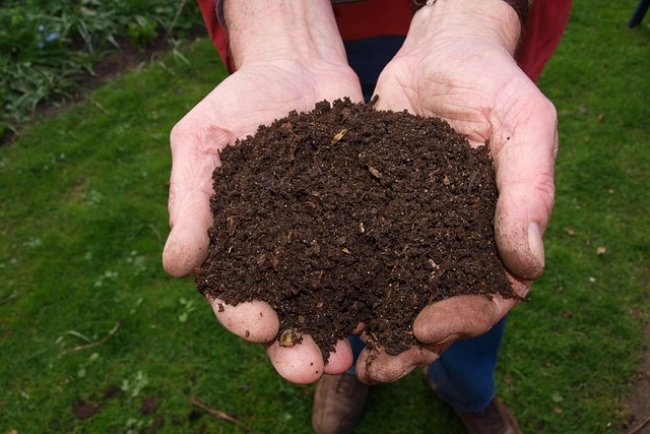Rainwater Harvesting Techniques for Sustainable Gardening
Discover effective rainwater harvesting techniques for sustainable gardening! Learn how to collect and use rainwater to conserve water, promote plant health, and enhance your garden's sustainability. Start harvesting rainwater for your garden today!

Rainwater harvesting is a valuable technique for gardeners looking to reduce water usage, lower utility bills, and maintain healthy plants. By capturing and storing rainwater, you can create a sustainable water source for your garden, especially during dry periods. Here’s a comprehensive guide to rainwater harvesting techniques and their benefits:
1. Understanding Rainwater Harvesting
Rainwater harvesting involves collecting and storing rainwater from rooftops, gutters, and other surfaces for later use. This harvested water can be used for watering gardens, washing vehicles, or even household tasks with proper filtration.
2. Types of Rainwater Harvesting Systems
There are several types of rainwater harvesting systems to consider:
- Rain Barrels: Simple and cost-effective, rain barrels collect water from downspouts and store it for immediate use.
- Rainwater Tanks: Larger tanks can store significant amounts of rainwater for extended periods, suitable for larger gardens or landscapes.
- Rain Gardens: Designed to capture and absorb rainwater runoff naturally, rain gardens use plants and soil to filter and store water.
3. Benefits of Rainwater Harvesting
- Conserves Water: Reduces reliance on municipal water supplies and lowers water bills.
- Promotes Plant Health: Rainwater is free of chlorine and other chemicals, making it ideal for watering plants.
- Reduces Stormwater Runoff: Helps prevent soil erosion and reduces the burden on urban drainage systems.
4. Planning Your Rainwater Harvesting System
Before installing a rainwater harvesting system, consider these factors:
- Roof Surface Area: Calculate the amount of rainwater you can collect based on your roof's size and rainfall patterns.
- Storage Capacity: Determine how much water you need and choose a storage option that meets your requirements.
- Filtration and Treatment: Install filters and screens to remove debris and contaminants from collected rainwater before use.
5. Installing Your Rainwater Harvesting System
Follow these steps to set up your rainwater harvesting system:
- Install Gutters and Downspouts: Direct rainwater from your roof into collection points such as rain barrels or tanks.
- Position Storage Containers: Place rain barrels or tanks on stable, level ground near garden areas for easy access.
- Connect Overflow and Distribution: Ensure excess water can safely overflow and consider installing a pump for efficient water distribution.
6. Maintaining Your System
Regular maintenance ensures your rainwater harvesting system functions effectively:
- Clean Gutters and Filters: Remove debris to prevent clogs and ensure proper water flow.
- Inspect for Leaks: Check tanks and pipes for leaks regularly to prevent water loss.
- Monitor Water Quality: Test and treat collected rainwater as needed to maintain water quality for plants.
7. Enhancing Sustainability with Rainwater Harvesting
Incorporate rainwater harvesting into a broader sustainable gardening approach:
- Use Drip Irrigation: Combine rainwater with efficient irrigation methods like drip systems to maximize water use efficiency.
- Mulch and Soil Improvement: Use organic mulch and improve soil structure to retain moisture and reduce water needs.
- Native Plant Selection: Choose drought-resistant native plants adapted to your local climate for lower water requirements.
Conclusion
Rainwater harvesting is an environmentally friendly practice that supports sustainable gardening and water conservation efforts. By capturing rainwater and using it wisely, gardeners can reduce their ecological footprint and promote healthier landscapes. Start implementing rainwater harvesting techniques today and enjoy the benefits of a more sustainable garden!
What's Your Reaction?
















